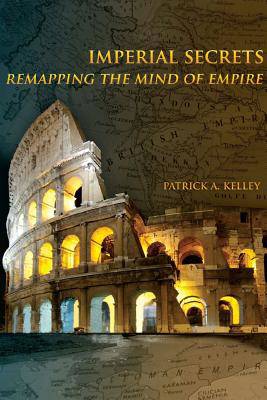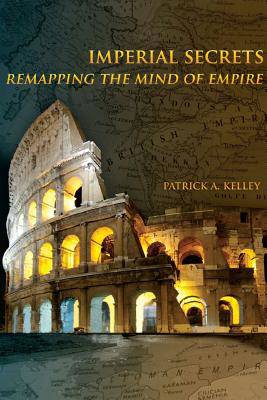
- Afhalen na 1 uur in een winkel met voorraad
- Gratis thuislevering in België vanaf € 30
- Ruim aanbod met 7 miljoen producten
- Afhalen na 1 uur in een winkel met voorraad
- Gratis thuislevering in België vanaf € 30
- Ruim aanbod met 7 miljoen producten
Zoeken
€ 22,95
+ 45 punten
Uitvoering
Omschrijving
Major Kelley chooses three empires with which to compare our current intelligence circumstances. Each of these faced challenges in understanding peoples; Rome in the first and second centuries AD, the Ottomans in the 16th to 18th, and Britain in India in the 18th to early 20th. Kelley feels these warrant study in light of our need to deal with peoples whom we may seek to influence. The author also asks: ?If power shapes knowledge, does knowledge also shape power This is a delightful exercise in erudition in which key postmodern insights and reasoning are used to gain political understanding. Full of surprises and insights, Kelley takes his readers through an enchanted forest peopled by Foucalt, T.E. Lawrence, J.S. Bach, Borges, Idries Shah, Hobsbawm, Jung, Baudrillard, and many more. One hopes our educated, certified, and degreed military and intelligence leadership can penetrate a work this rich, deep, and ultimately useful. (Originally published in color by the NDIC Press)
Specificaties
Betrokkenen
- Auteur(s):
- Uitgeverij:
Inhoud
- Aantal bladzijden:
- 252
- Taal:
- Engels
Eigenschappen
- Productcode (EAN):
- 9781105056123
- Verschijningsdatum:
- 16/09/2011
- Uitvoering:
- Paperback
- Formaat:
- Trade paperback (VS)
- Afmetingen:
- 152 mm x 229 mm
- Gewicht:
- 371 g

Alleen bij Standaard Boekhandel
+ 45 punten op je klantenkaart van Standaard Boekhandel
Beoordelingen
We publiceren alleen reviews die voldoen aan de voorwaarden voor reviews. Bekijk onze voorwaarden voor reviews.











